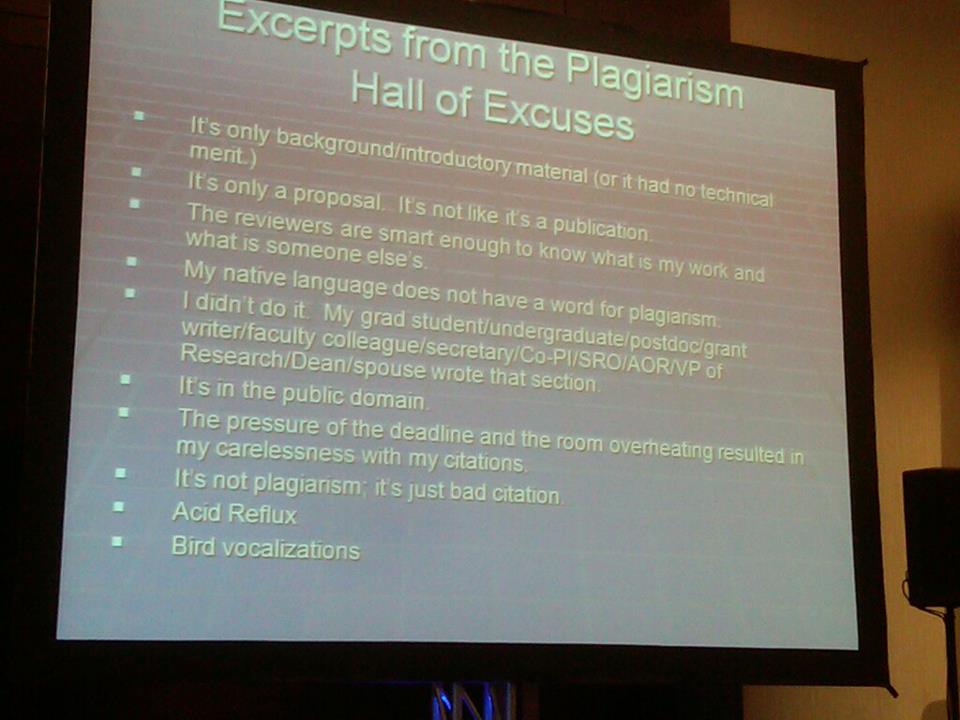
We make a point of never calling for a particular paper’s retraction, nor ever weighing in on whether a journal should have made that move. That would be, we often say, like a financial reporter recommending stocks. But a recent expression of concern is sorely testing our resolve on the matter.
The expression of concern is for a 2014 article, “shRNA-mediated silencing of ZFX attenuated the proliferation of breast cancer cells,” which appeared in Cancer Chemotherapy and Pharmacology, a Springer title, and was led by a team from Zhejiang Cancer Hospital in Hangzhou.
Here’s the notice:
Continue reading A paper plagiarizes an article retracted for plagiarism and other sins — but it isn’t being retracted.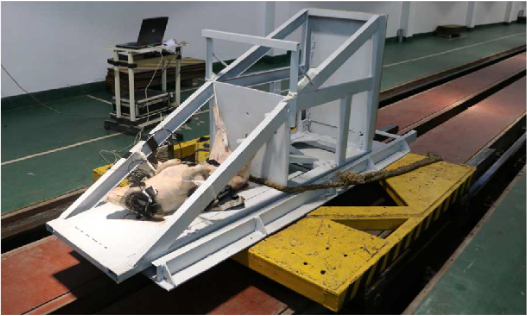

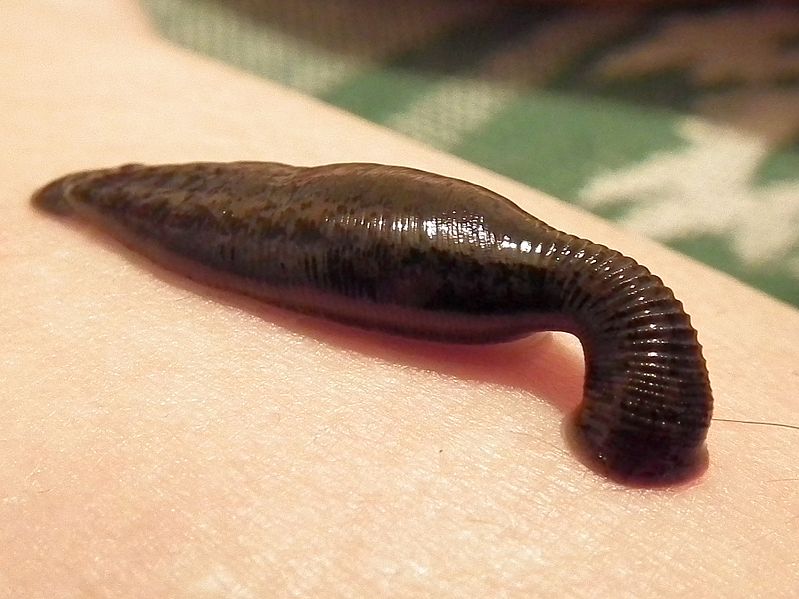
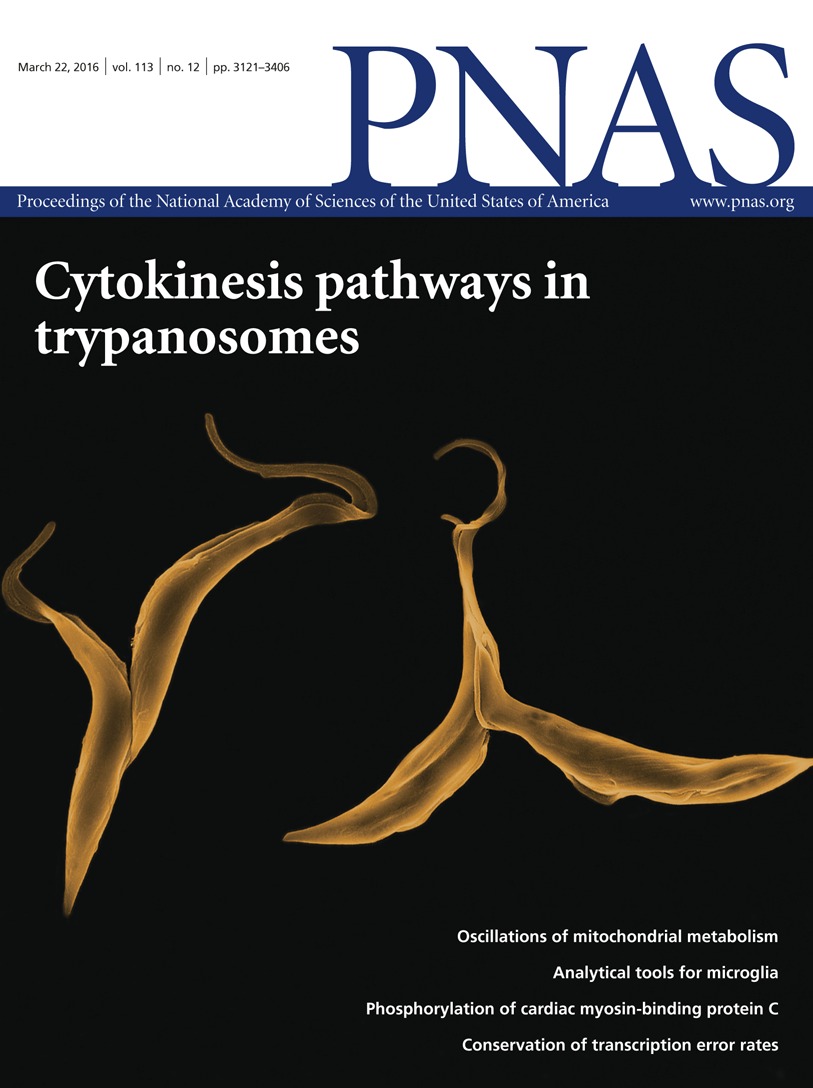 Adeel Safdar was once a rising star in the field of kinesiology. After completing his doctorate degree at McMaster University in Canada, working with one of the titans of his field, Safdar took a postdoc at Harvard, then accepted a
Adeel Safdar was once a rising star in the field of kinesiology. After completing his doctorate degree at McMaster University in Canada, working with one of the titans of his field, Safdar took a postdoc at Harvard, then accepted a 
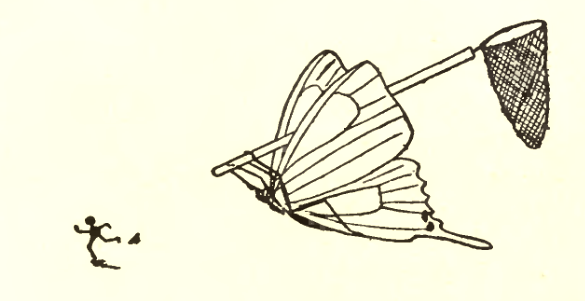 Title:
Title: 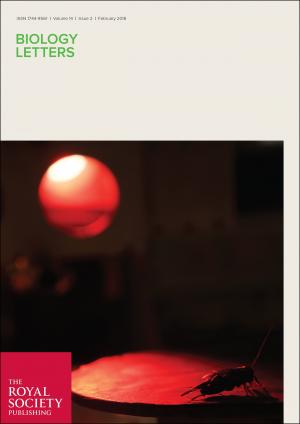 A biology journal is investigating concerns about a 2014 paper by a marine biologist
A biology journal is investigating concerns about a 2014 paper by a marine biologist Readers of Retraction Watch will be no strangers to the practice of issuing Expressions of Concern — editorial notices from journals that indicate a paper’s results may not be valid. While a good idea in theory — so readers can be aware of potential issues while an investigation is underway — in practice, it’s a somewhat flawed system.
Readers of Retraction Watch will be no strangers to the practice of issuing Expressions of Concern — editorial notices from journals that indicate a paper’s results may not be valid. While a good idea in theory — so readers can be aware of potential issues while an investigation is underway — in practice, it’s a somewhat flawed system. 